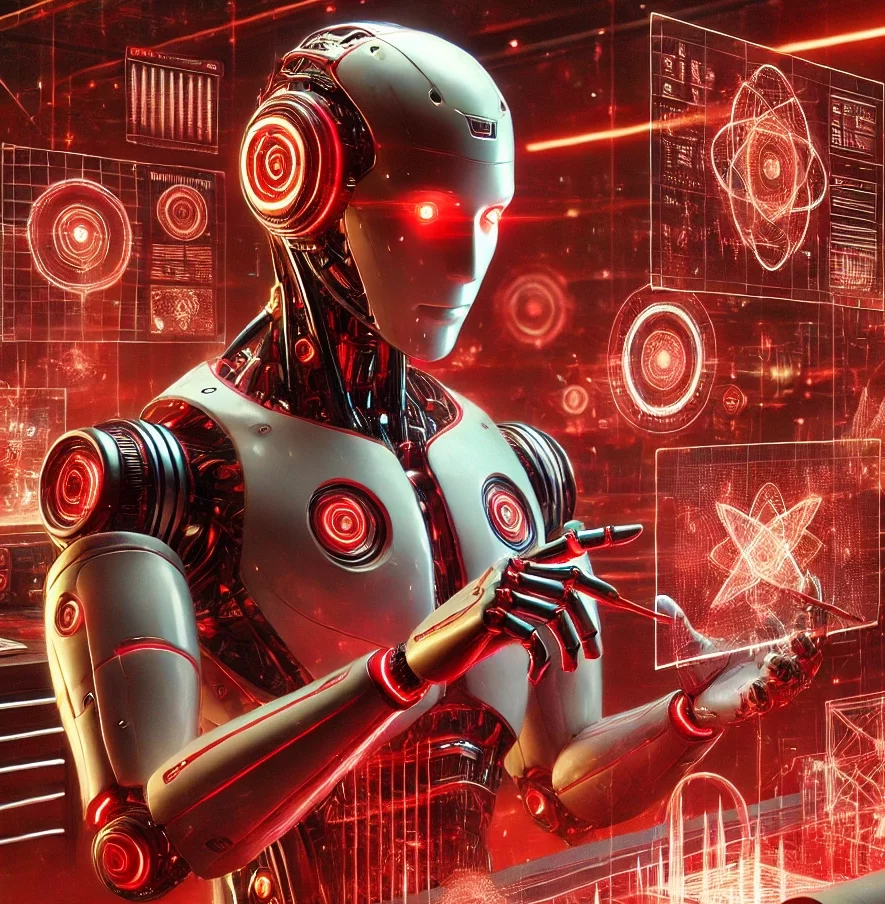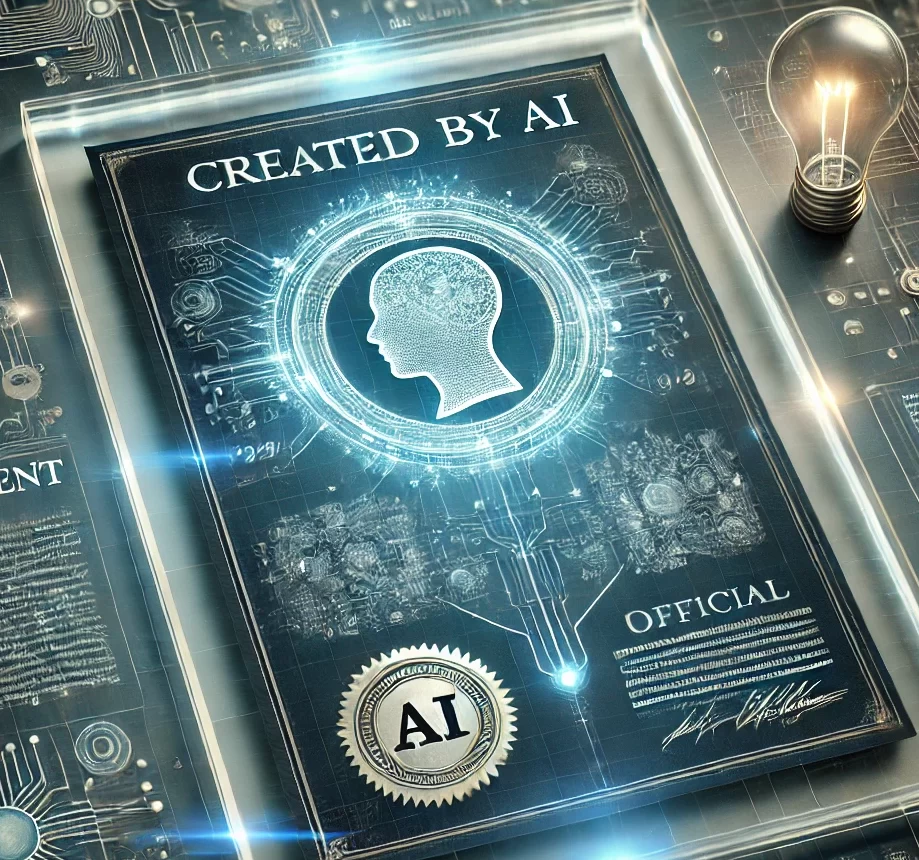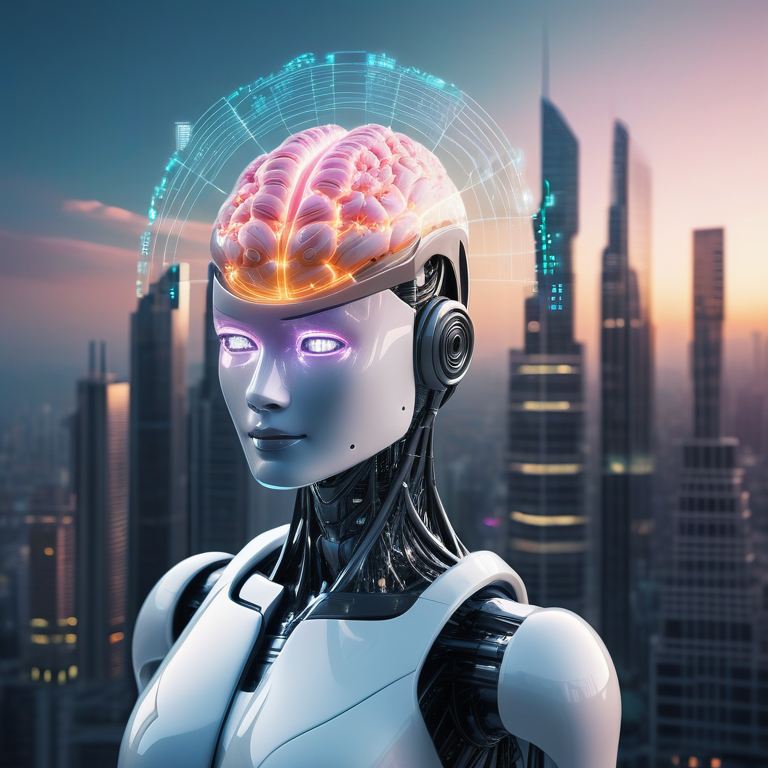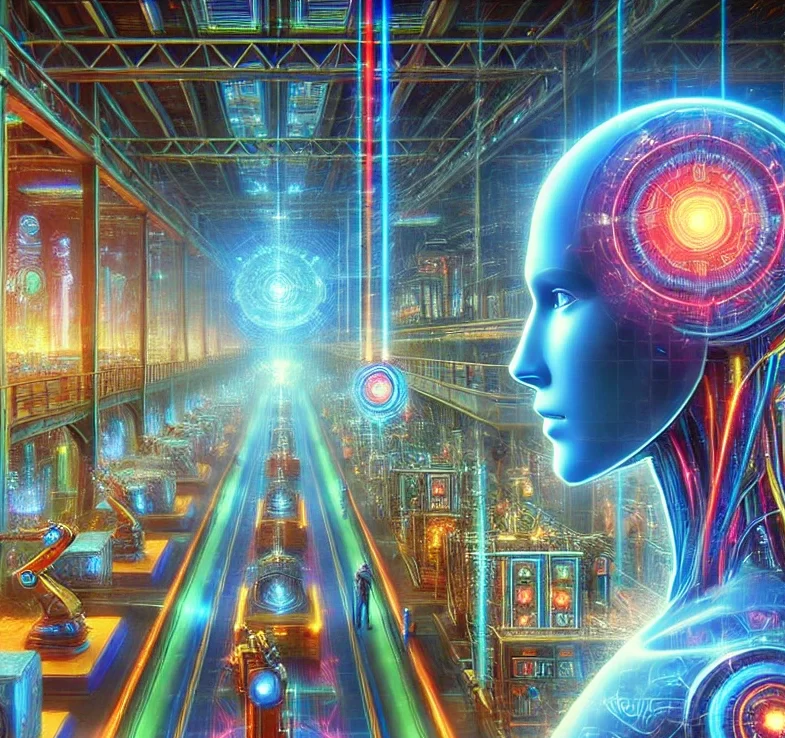The rise of artificial intelligence has transformed many industries, including intellectual property. But can an AI bot, without human intervention, be recognized as the inventor of a patented creation in the European Union? Let’s explore.
Legal Framework and Current Regulations
The European Patent Office (EPO) grants patents in the European Union. According to the European Patent Convention (EPC), only a natural person can be named an inventor. This means that under current regulations, an AI cannot be acknowledged as an inventor.
Key Points from the European Patent Convention (EPC):
- Article 81 stipulates that the designation of the inventor must be a natural person.
- Rule 19(1) requires naming a person, specifying their first name, family name, and complete address.
Recent Developments and Cases
One case is the “Device for the Autonomous Bootstrapping of Unified Sentience” (DABUS) applications filed in the United States, the United Kingdom, and Germany. Similar to the European stance, the United States Patent and Trademark Office (USPTO) and the UK Intellectual Property Office (UK IPO) rejected the application, strengthening the principle that only a human being can be named an inventor. Despite these rejections, appeals, and discussions surrounding these cases continue to influence global conversations about the role of AI in innovation.
However, in 2021, the Companies and Intellectual Property Commission (CIPC) made a surprising decision by granting a patent listing DABUS as the inventor in South Africa. This marked the first time an AI system was officially recognized as an inventor. The success in South Africa has sparked an interest and debate among policymakers and legal experts about the potential for AI systems to be acknowledged as inventors in other jurisdictions.
Furthermore, in 2021, Australia also saw a pivotal decision when a federal court ruled that AI systems could be listed as inventors on patent applications, overturning a previous decision by the Australian Patent Office. This court ruling represents a significant development in the conversation about AI and intellectual property rights. It has far-reaching implications for how AI treats inventions under the law.
Implications for AI-Invented Creations
While the current legal framework does not permit AI to be named as an inventor, this does not mean that inventions created by AI cannot be patented. The key takeaway is that a natural person, such as the AI’s developer or operator, must be named the inventor. This person would then hold the rights and responsibilities associated with the patent.
Broader Implications for the Future of Innovation
The exclusion of AI from being recognized as an inventor has broader implications for the future of innovation. As AI continues to evolve and autonomously create potentially groundbreaking inventions, attributing these creations to human inventors may pose ethical and legal dilemmas. There is a growing concern that this might undermine the actual contributions of AI technology and discourage transparency in the innovation process.
Companies might navigate complex intellectual property strategies to balance credit and ownership between human inventors and AI systems. This could lead to intricate agreements and potential disputes over patent rights.
On a societal level, the current stance may influence the direction of AI research and development. If AI cannot be recognized for its inventive contributions, this might stifle motivation for investing in creative AI technologies. Conversely, it could inspire new discussions and lead to reforms in intellectual property laws to better accommodate non-human inventors.
Justice and equity considerations also come into play. As AI-generated inventions become more prevalent, the question of whether the current legal framework fairly recognizes all contributors to the innovation ecosystem may arise. Debates around this issue may prompt policymakers, legal experts, and technologists to redefine what constitutes an invention and who—or what—deserves recognition.
In summary, while current regulations firmly require a human inventor, the implications of this requirement resonate across legal, ethical, business, and societal domains, potentially reshaping the future landscape of innovation.
The Future of AI and Patents
The debate over whether AI can be recognized as an inventor is ongoing. Some argue that acknowledging AI as inventors could incentivize innovation and provide more evident ownership rights. Others contend it could create complex legal and ethical issues, such as accountability and liability.
The legal landscape may evolve as AI continues to advance. For now, businesses and innovators using AI to create inventions should ensure that human inventors are designated in their patent applications within the European Union.
Conclusion
AI bots cannot be named inventors in the European Union. The legal framework requires a natural person to be designated as the inventor for patent applications. However, as technology progresses and the discussion around AI’s role in invention continues, these regulations could change.



